AI Agents in Healthcare: The Smart Workforce You Didn't Know You Could Have
Scott Cressman
Chief Product Officer
April 17, 2025
Reading Time8 mins

The term AI agent might sound futuristic—but in healthcare, they're already at work behind the scenes. Whether you're checking insurance eligibility, processing claims, scheduling patients, or improving clinical workflows, AI agents are reshaping the way healthcare gets done—both in the front and back office.
So what exactly are they—and what can they do for you?
What Are AI Agents?
In simple terms, AI agents are intelligent software systems that perform tasks on your behalf. They don't just follow scripts—they reason, plan, act, and learn. Think of them as tireless digital coworkers who continuously improve the more they work.
Their secret sauce? A continuous loop:
- Think – Understand the context and data
- Plan – Choose the best course of action
- Act – Execute tasks through APIs, tools, or system interfaces
- Reflect – Evaluate what worked and adapt for next time
Some act as Data Agents—working in the back office to transcribe, retrieve, alter, or submit data across fragmented systems.
Others operate as Our Multimodal Browser Agents, automating manual tasks that typically require logging into payer portals (like Blue Cross), ordering platforms, or scheduling tools. They watch, click, type, and interact—just like a human.
And then there are Integration Agents—designed to plug into your existing systems, supporting transactions across simple or complex workflows without requiring a major IT overhaul.
- ✅ Monitor inboxes and act based on message content
- ✅ Populate apps with structured data
- ✅ Make and receive calls using natural language
How AI Agents Fit into Healthcare Workflows
Assign a task—like verifying insurance or initiating prior authorization—and here's what happens:
- They move across systems like EHRs, billing software, payer APIs, and CRMs
- They retrieve information, make decisions based on rules and data, and act autonomously
- They continuously learn and improve, while keeping you in the loop
Where They Add Value: Front & Back Office
Front Office:
- Eligibility Verification: Agents are making their way into large healthcare systems at scale to reduce manual workload.
- Appointment Scheduling: Intelligent routing based on availability, insurance, and clinical need.
- Patient Communication: Conversational agents handle FAQs, reminders, pre-visit prep, and more.
Back Office:
- Claims Management: Agents monitor claim status, flag denials early, and automatically resubmit with corrections—reducing delays and revenue leakage.
- Prior Authorization: Automate submissions, accelerate turnaround times, and improve approval rates with AI agents that understand payer rules.
- Revenue Cycle Tasks: From charge capture to payment posting, agents reduce human error, increase speed, and free up your team to focus on higher-value work.
- Data Operations: Agents handle repetitive tasks like data transcription, entry, and reconciliation across systems—ensuring clean, connected records without the manual burden.
Types of AI Agents: Like a Healthcare Team
Just like a clinic depends on collaboration—not one person doing it all—AI agents are designed to work as a team.
Some agents handle specific, repetitive tasks like verifying eligibility or updating patient records. Others function more like a quarterback—coordinating multiple agents to tackle complex workflows such as prior authorization or claims reconciliation.
This modularity means you're not locked into a one-size-fits-all system.
You can deploy agents tailored to the complexity of the task—from simple automation to intelligent orchestration across platforms.
Just like a healthcare team relies on nurses, specialists, and coordinators—your digital workforce can be purpose-built, adaptive, and scalable.
That's the power of agentic AI: the right tool, for the right task, at the right time.
Architecting Your Agent Ecosystem
Agent design matters just as much as their function:
- Single-Agent Systems: Great for focused tasks, like claims checking.
- Multi-Agent Systems: Let multiple agents coordinate—like eligibility + scheduling working in sync.
- Human-in-the-Loop Systems: Keep people involved where judgment and empathy are essential—like complex case reviews.
This is where most healthcare organizations are still figuring things out—not because the tech isn't ready, but because governance, trust, and integration are still catching up.
The Takeaway: AI Agents Aren't the Future — They're the Present
The most forward-thinking healthcare providers aren't asking if they should use AI agents. They're asking where else agents can make an impact.
If you're still stuck on outdated workflows, buried in manual admin, or watching patient experience suffer from operational friction, this is your moment.
The technology is ready. Your organization just needs a plan.

How to Choose the Right AI Partner for Your Healthcare Operations
XY.AI Labs Team
February 5, 2026
Reading Time5 mins

Have We Been Here Before? A Thought on AI Infrastructure
Sam De Brouwer
January 29, 2026
Reading Time5 mins

Finally, Healthcare Is Becoming a Learning System with AI as its Catalyst
Sam De Brouwer
December 19, 2025
Reading Time7 mins
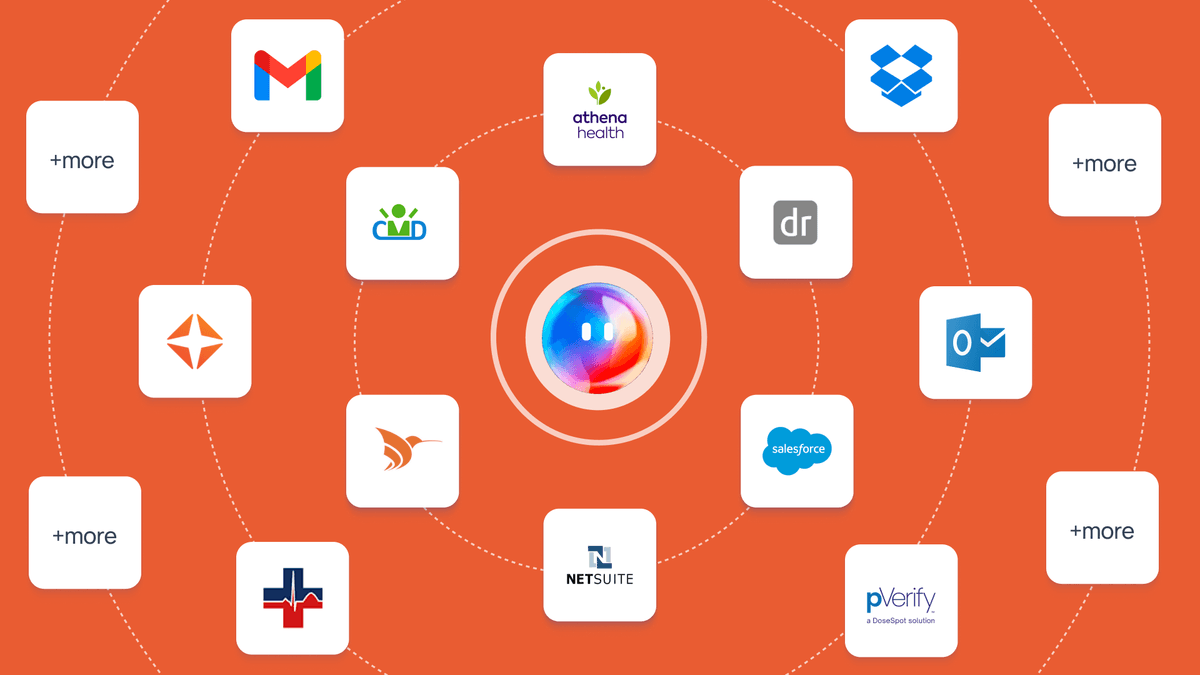
Connect Healthcare Systems with Agentic AI
XY.AI Labs Team
November 24, 2025
Reading Time8 mins
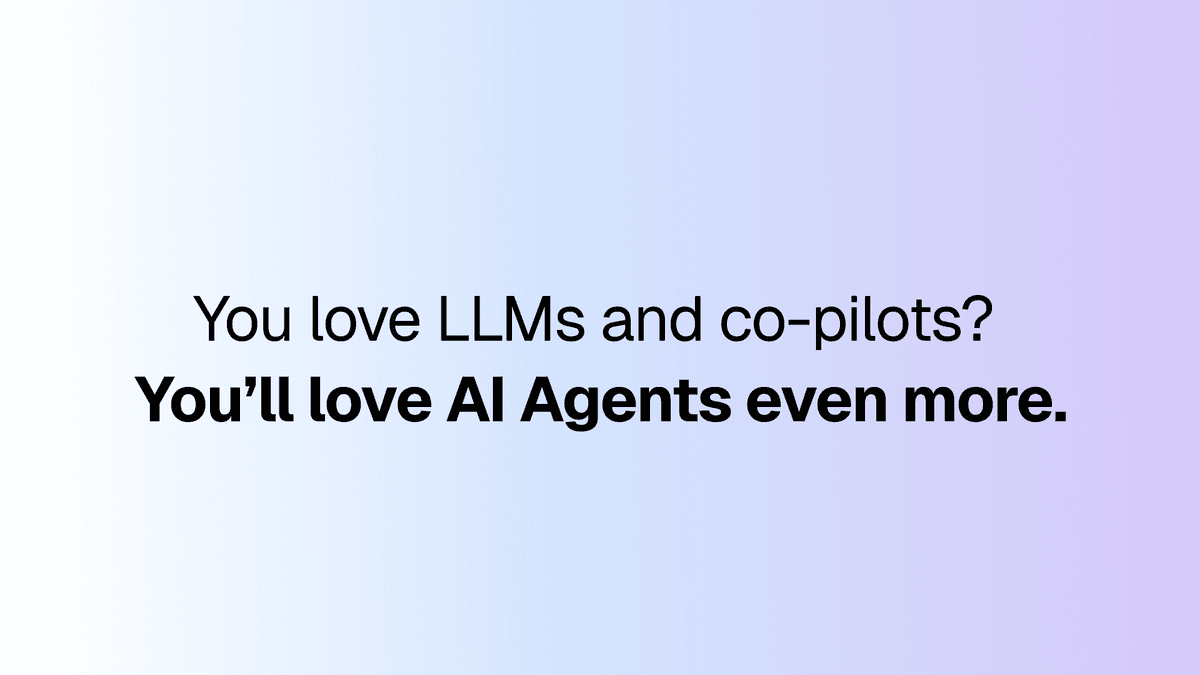
You love LLMs and co-pilots? You'll love AI Agents even more.
Sam De Brouwer
November 13, 2025
Reading Time10 mins
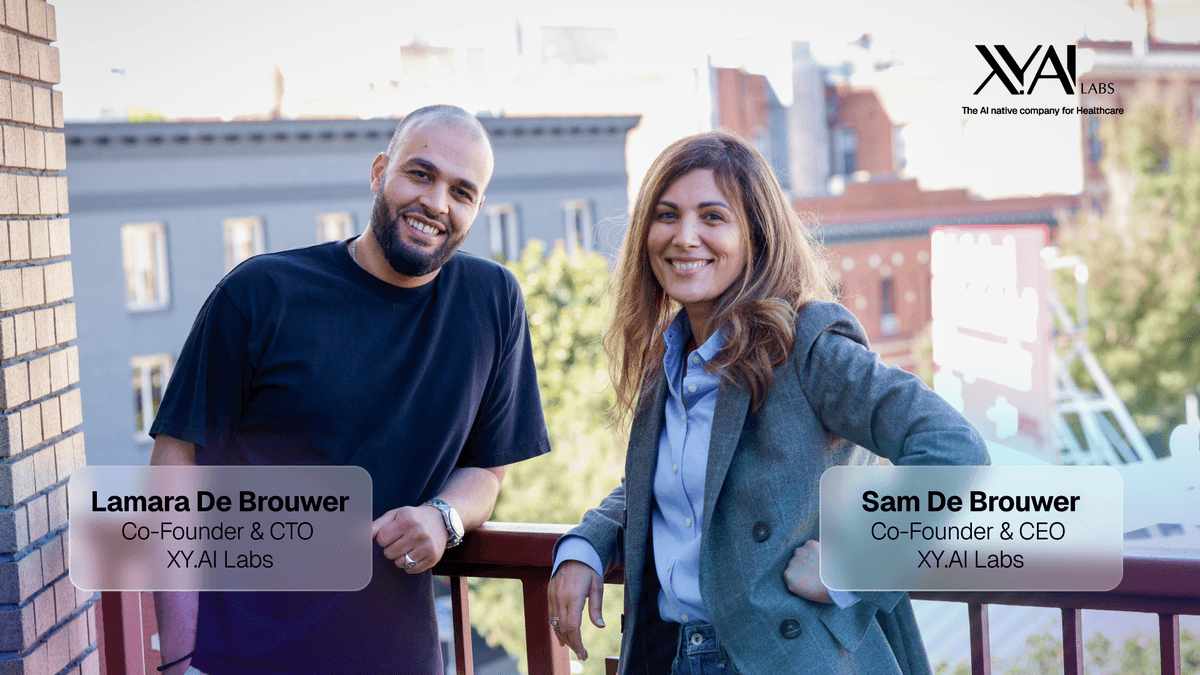
Why I'm Building for the Overlooked Majority of Healthcare
Sam De Brouwer
November 10, 2025
Reading Time6 mins
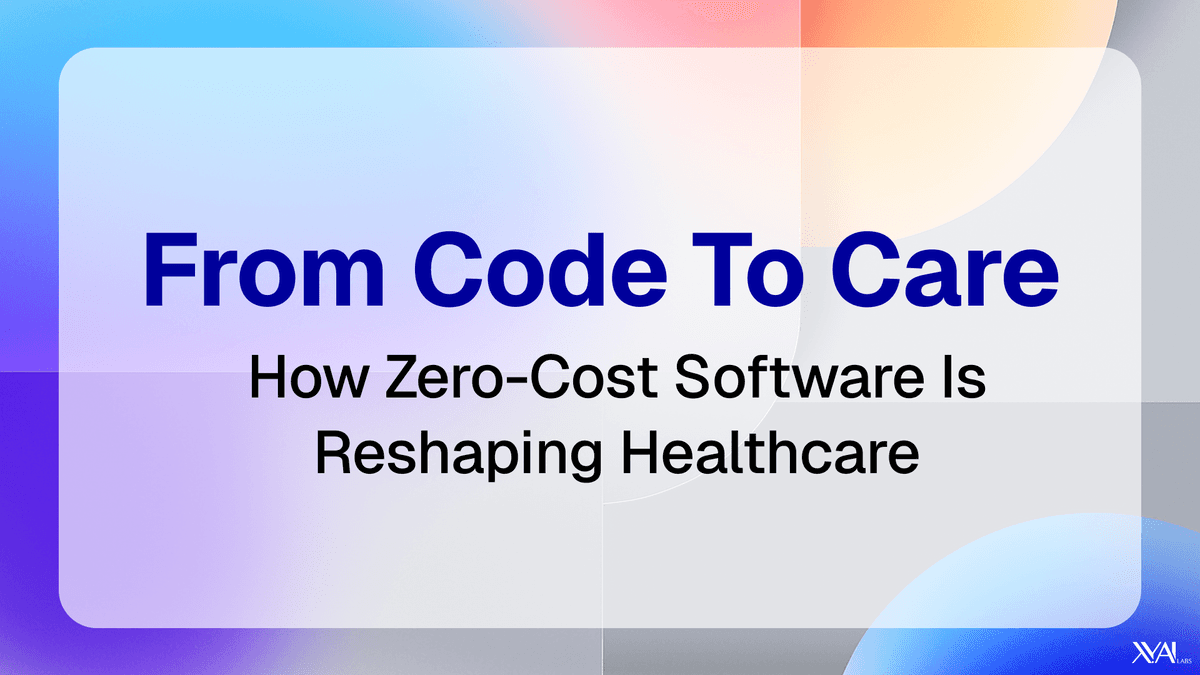
From Code to Care: How Zero-Cost Software Is Reshaping Healthcare
Sam De Brouwer
October 13, 2025
Reading Time8 mins
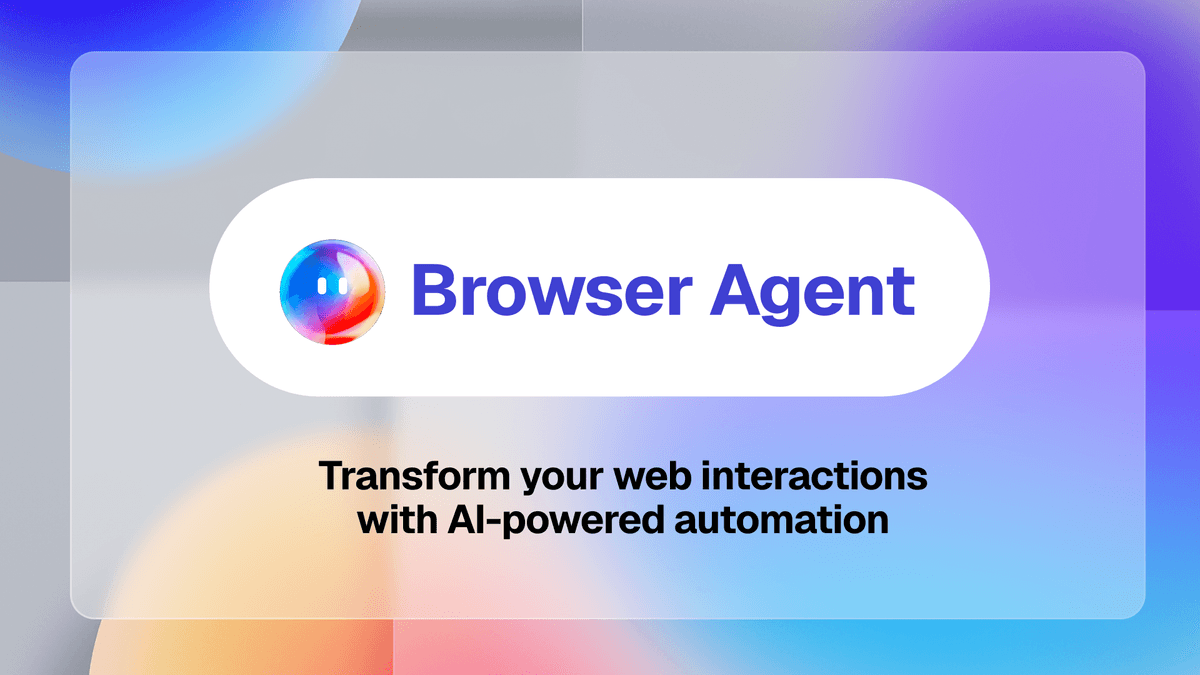
From Clicks to Care: Reinventing Healthcare Workflows with Our XY.AI Multimodal Browser Agents
Scott Cressman
September 12, 2025
Reading Time5 mins

Tough conversations about success and failure are not new in AI
Sam De Brouwer
August 28, 2025
Reading Time3 mins

9 Real-World Applications of AI Across Industries
XY.AI Labs Team
August 24, 2025
Reading Time10 mins

10 Benefits of Artificial Intelligence in Healthcare
XY.AI Labs Team
August 23, 2025
Reading Time10 mins

Three Reports, One Message: Give Time Back to Care
XY.AI Labs Team
August 22, 2025
Reading Time2 mins

What Free Compute Signals About a Startup like XY.AI Labs?
Sam De Brouwer
August 14, 2025
Reading Time4 mins

What We're Learning From Our Latest Integrations
Sam De Brouwer
July 31, 2025
Reading Time6 mins

Is Agentic AI Becoming the New OS for Healthcare Operations?
Sam De Brouwer
July 10, 2025
Reading Time4 mins

9 AI Trends To Transform Healthcare and Medicine And Why They're Closer Than You Think
XY.AI Labs Team
June 10, 2025
Reading Time5 mins

What I am Learning on the Front Lines of RCM in Healthcare - and Why We Can't Ignore Automation Any Longer
Sam De Brouwer
May 6, 2025
Reading Time8 mins

15 Years at the Edge of AI and Healthcare - and Why Everything has Changed
Sam De Brouwer
